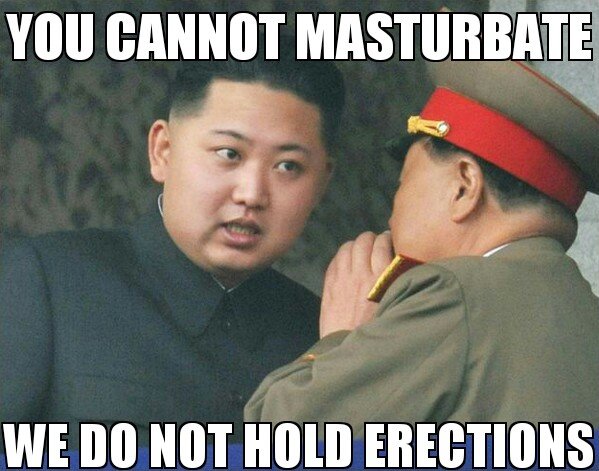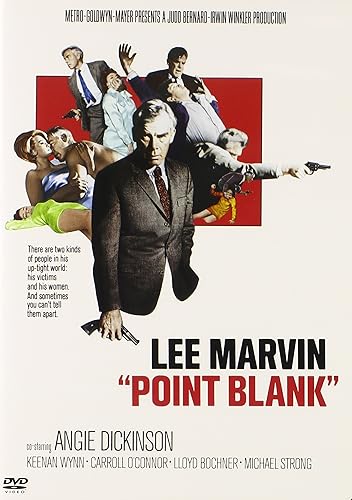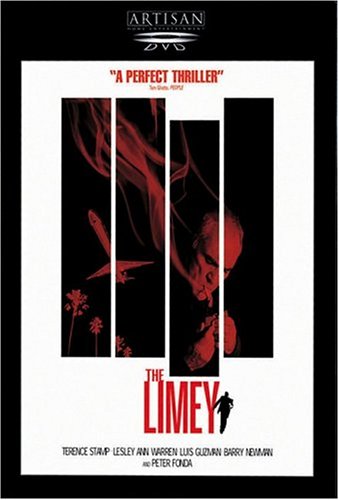
As I wrote my new book, Caesar's Ghost, some parts cried for the present tense and some cried for the past. I just followed my instincts while writing. But then, as I went through the subsequent drafts, the Brutal Old Bastard (BOB) of my inner editor began to carp and criticize. Why here, not there, in the present? Why there, not here, in the past?
Now, I knew BOB was right on the money about not jumping tenses in a single paragraph--a source of confusion for readers. And I could understand BOB's preference for consistency: dream sequences or diary entries, for example, in the present tense. BOB might even be okay with all action scenes in the present--lending the scenes more urgency.
But, through the rewrites, BOB kept attempting to gain total control. Some scenes resisted--almost violently--my efforts to change tenses. My fingers would not hit the keys that would have changed the scenes. And it was time to let BOB know that he wasn't running the show, just helping to produce it. In fact, when given full control, BOB tends to trip on the feet of his rules.

I reached a compromise solution. I'd change any part from present to past tense--unless my fingers screamed in protest. And I'd devise a subtle way of highlighting my segues from the past to present tense.
Many of BOB's rules are sound, while others are the barks of another century's harridans.

Readers and viewers are fluent in the language of mixed time lines:




So I listend to BOB, with all due respect...but I followed my heart and my fingers.

No comments:
Post a Comment
Your comments are welcome. Just keep them civil, please.